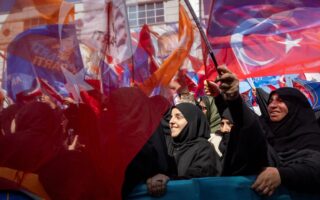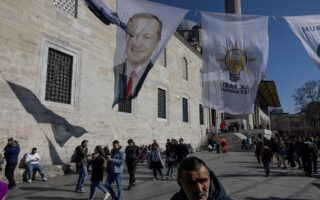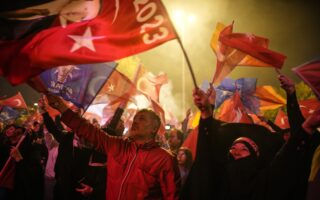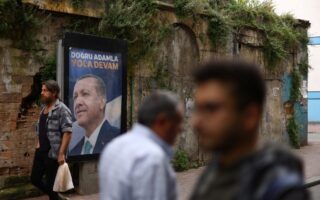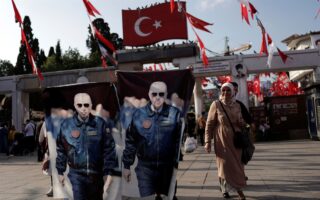Erdogan’s dilemma a crossroads for Turkey
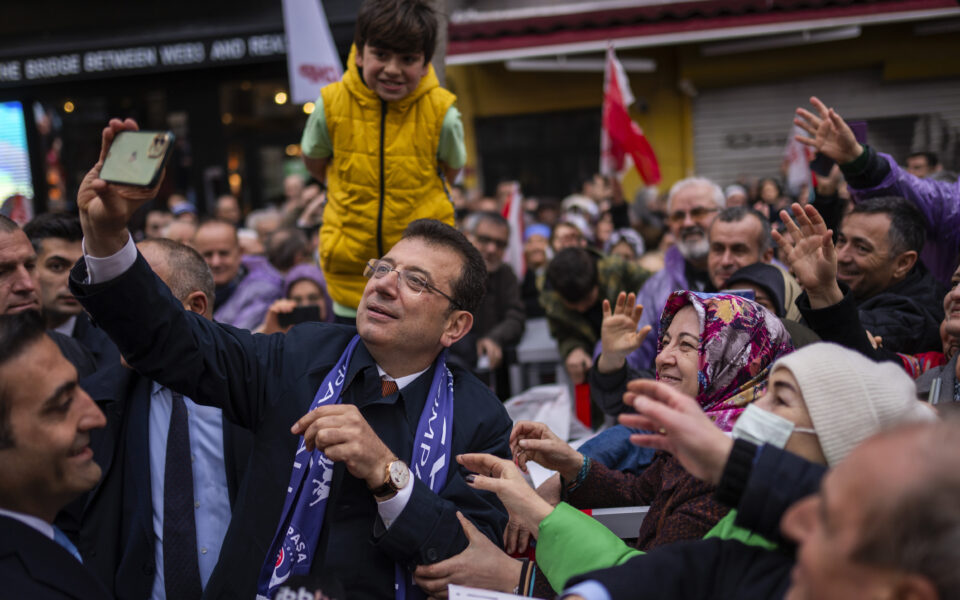
Turkey is entering a most interesting time. Its president and the re-elected mayor of Istanbul were both right in describing Sunday’s election as a victory for democracy – this was the definition of democracy, as the side that did not hold all the levers of power won. And it is encouraging that Recep Tayyip Erdogan – who has spent the past few years establishing an autocracy which combines nationalism and Islamism – should extol democracy in this context. In our time, democracy is more often used as a smokescreen for those who would undermine it, rather than as the means for achieving the greatest happiness for the largest number of people. In Turkey we will see whether Ekrem Imamoglu’s promise will come true – that his victory is a victory for every ethnic group in the country – or whether the political earthquake will invigorate the forces of division in which Erdogan has invested so heavily in recent years.
The local election results show that Erdogan is not all-powerful, that despite his tight control over politics and society through state services, institutions and the news media, he cannot tame the economy, nor the popular discontent that ensues. This benefits the opposition. But it does not mean that the CHP and Imamoglu will have an easy path to the national and presidential elections of 2028.
An important development is that a new Islamic party (led by the son of Erdogan’s mentor, Necmettin Erbakan) pried a significant number of votes from the ruling AKP, accusing Erdogan of being soft on Israel. Economic reasons prevent Erdogan from cutting trade with Israel, despite his tough rhetoric over Gaza. The Turkish president, in other words, faces a multidimensional challenge: He is forced to follow a tough economic policy and to cooperate with Western countries, even in foreign policy, which will lose him votes left and right. Indeed, his economic czar, Mehmet Simsek, has taken on a decisive role in the country’s diplomacy.
Now we will see if Erdogan will stick to his Western turn, as he faces a choice between a policy which strengthens both his secular and Islamic rivals (but is good for the country), and one of ever-greater autocracy. As he will not face elections for another four years, it is likely that he will follow the difficult road of economic recovery, in the hope that the worst will be over by the next elections. If he chooses the “democratic” way, it will not mean that he will be an easier rival domestically, nor everywhere in foreign policy. On the contrary, being forced to act prudently on some fronts may lead him to raise tension on the “patriotic” one, so that he can continue to look tough, in control of the situation.
